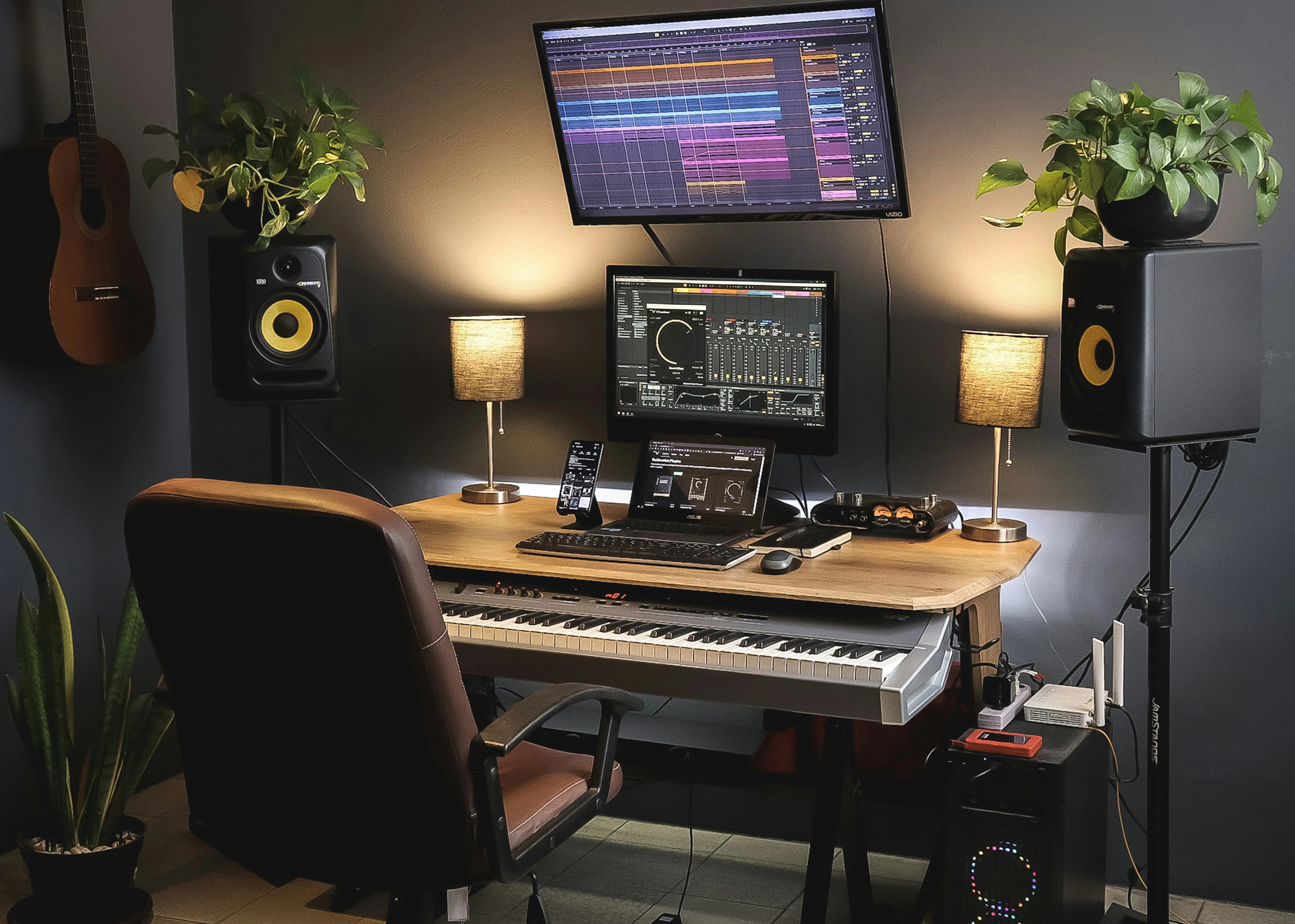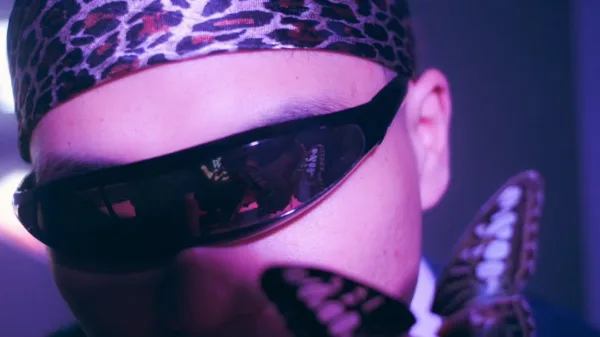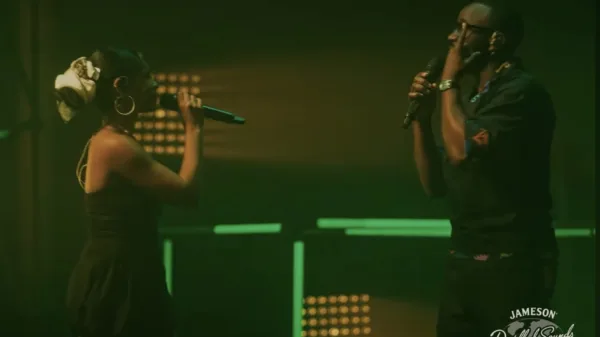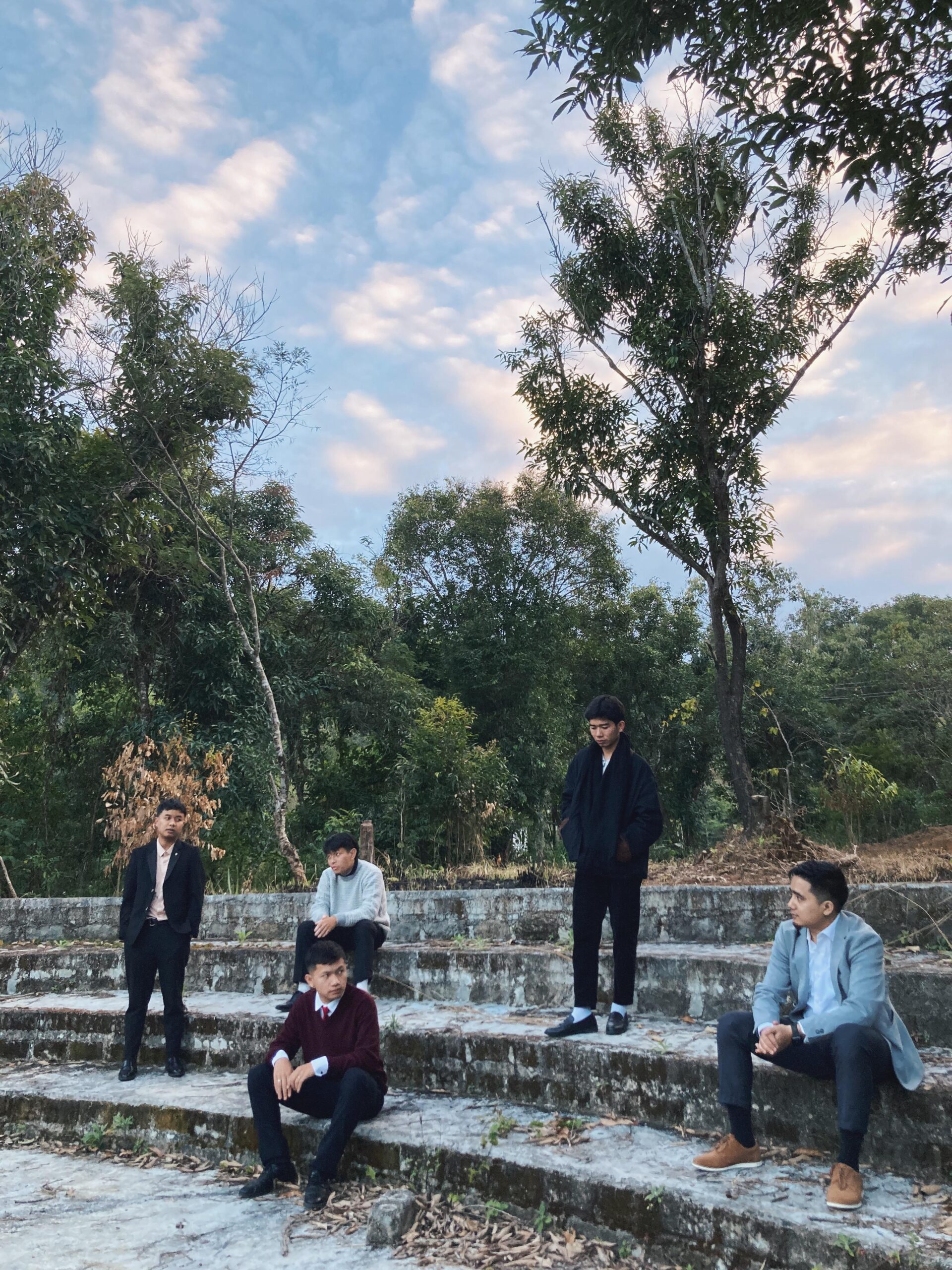Mizoram-based indie band Hydes Garage are known for their thematic discography, offbeat lyrics, and striking chord progressions. The band comprises fuqtea (vocals), zoooomawi (vocals, keys), Valzawna (vocals, drums), Csanga (guitars), and Mka (bass). Having opened for American synthwave duo The Midnight, they’ve carved their space as an independent outfit that writes and self-produces its own records. They also won the Shillong prelims of Mood Indigo Festival 2024, advancing all the way to the finals. This year on 15 August 2025, the band finally unveiled their debut album, following a series of singles.
Their latest release, Airborne Deceptions, personifies addiction and unpacks its many layers. They believe that addiction isn’t just limited to substance abuse but includes anything that quietly erodes us over time like our beliefs, habits, work, social media, caffeine and people. Even after years of abstinence, there is still a trace of self-betrayal that lingers within us, waiting to resurface. The fictional character Ada personifies this inner conflict and the whole album narrates what it means to live with, and overcome, addiction.
The opening track “Come Along” eases in with natural soundscapes before unfolding into shimmering synths, gentle guitars, and a warm bassline. At just 1:40, it feels like a fleeting dream. Listening to it was equally hypnotic and blissful. You feel pulled into its melodic simplicity. This is Hyde’s (protagonist) first encounter with Ada and he hears a quiet but irresistible voice asking him to literally “come along.”
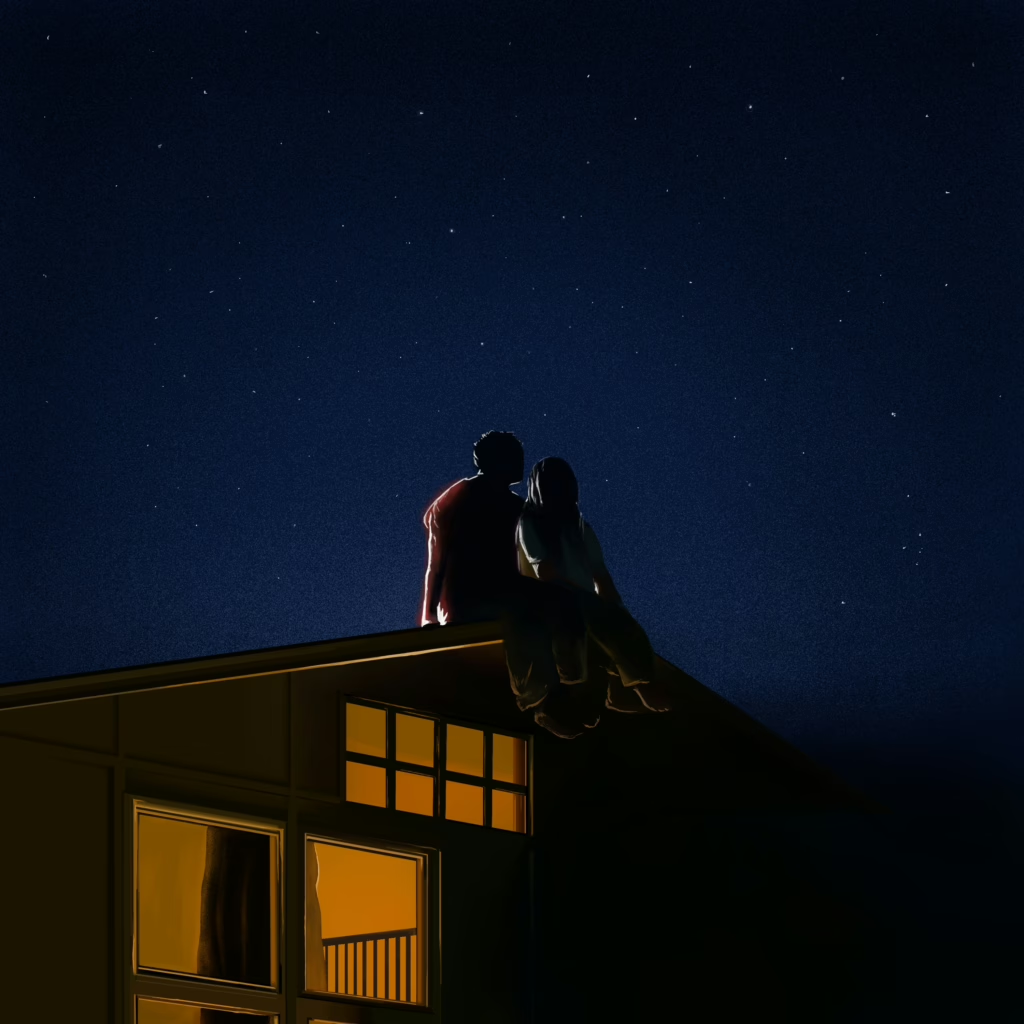
“Take My Hand” is a breezy chill-pop track with playful grooves. The track explores a magnetic attachment which is part joy, part dependence punctuated by a slick rap break and closing guitar lines. Its vibrant music video, directed and edited by Vvenn and Zawmaa with creative direction and design by Chalhranga, mirrors the song’s energy. Both effortless and meticulous, it’s a track that makes you move while hinting at the deeper pull of obsession.
“Slow Dance” opens with meadow soundscapes before blooming into an upbeat meditation on love and obsession. The journey deepens here, carried by a composition full of character and playful imagination. The album was written during a summer break, so the tracks have that spontaneity to it. This one lands with a polished, modern edge. It’s hard-hitting, vibrant, and one of the album’s undeniable highlights.
The fourth track in the album “Make Believe” is melodious and starts with slow, heartfelt composition. It captures the moment when they finally fall in love. “Stars do align and I don’t mind the distance if I’m dreaming” is where it had me. It’s calming and expresses those moments of sweet and new beginnings.
“Things as They Appear” opens with trickling sounds and a cinematic monologue, pulling you into a darker turn. Here, the protagonist questions his own senses, realizing that obsession and love may not be what they seemed. The track carries a weight of disillusionment, ending with the quiet recognition that this is where they part ways.
“The Boys” is another breezy chill-pop track with coarse vocals layered over guitars, drums, and subtle electronic textures. Relaxed yet upbeat, it captures the moment when the protagonist realizes his friends, the “boys” were the ones always there for him. At just three minutes, its fun, sing-along chorus makes it short, sweet, and there’s a clear shift in perspective.
The seventh track in the album “Better Days” starts with reverby pop tunes and an infectious optimism. Smooth vocals, crisp drums, and a driving bassline give it a light, danceable rhythm. Here, the protagonist embraces hope instead of lingering on sorrow, and the track radiates that shift. The second half drifts into a lush zone of sound experimentation, keeping the vibe fresh and eargasmic.
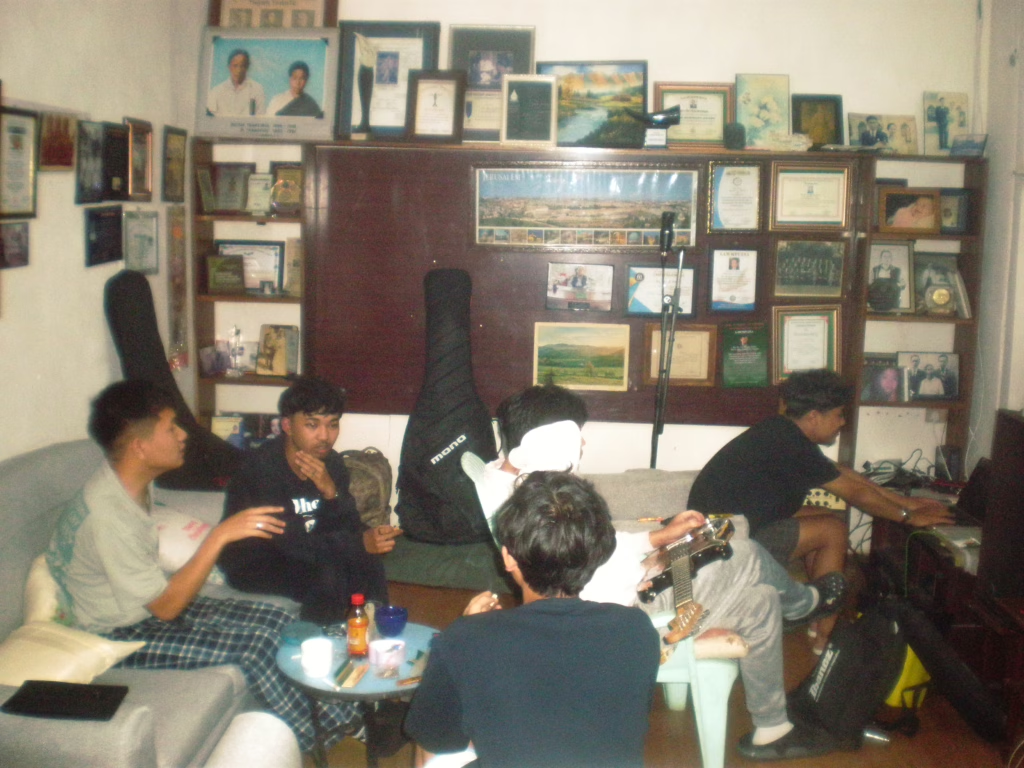
The eighth track in the album titled “Dear Ada” begins with soft vocals and a gentle, melodic progression. Though the protagonist knows life is better without Ada, he finds himself pulled back to her. It’s slow, atmospheric, and deceptively pleasant, capturing the haze of falling into addiction.
“Chronicles of a Dying Soul” unfolds like a slow, cinematic vignette, chill pop at first and then quietly devastating. The arrangement is precise: glossy guitars and restrained production set a mood, then around the one-minute mark the track tilts and you start to feel the sinking. It captures what it feels like to succumb to addiction. Those moments of lucidity followed by numb zoning-out. The guitars cut cleanly and the piano toward the end offers a small, earned relief. Sit with it: this one earns its emotional weight.
The final track, “Genesis 3.19”, featuring Deborah Ralte, brings the album to a haunting close. Sung in Mizo, you’ll hear soft vocals over gentle piano. Here, Ada finally bids farewell to Hyde. For me, this track was the highlight of the album. It’s unique, crisp, and beautifully composed. It circles back to the album’s beginning with birdsong, tying the journey together: addiction’s quiet beginnings, its spiraling depths, and its inevitable end.
















